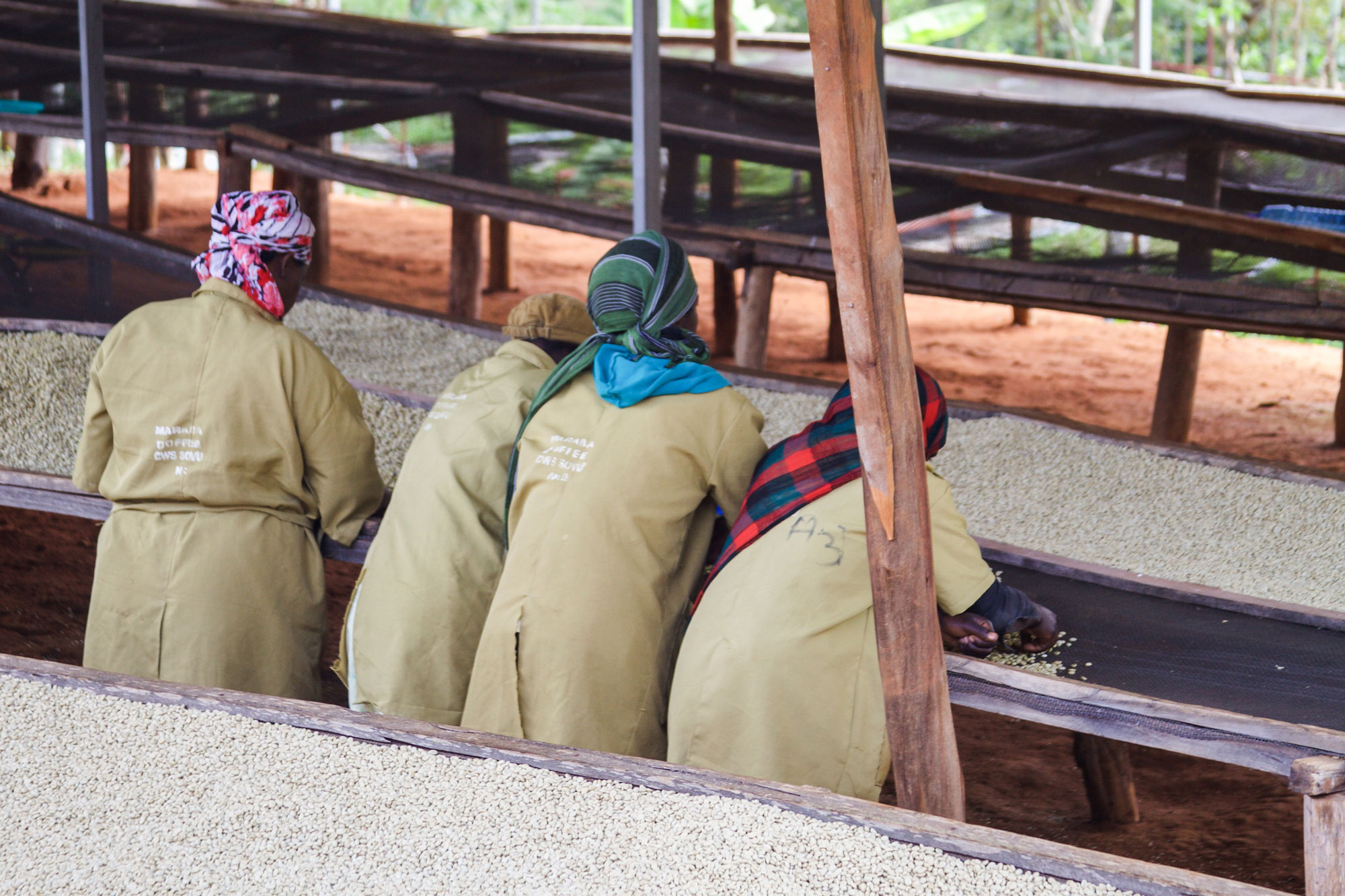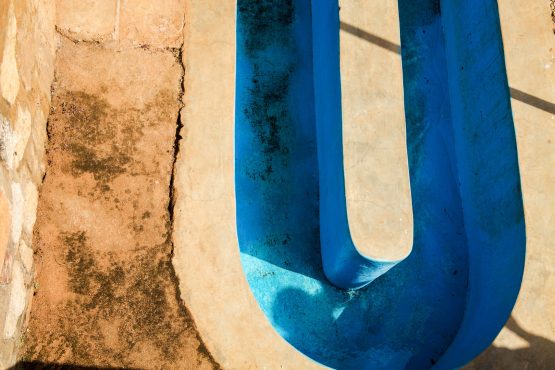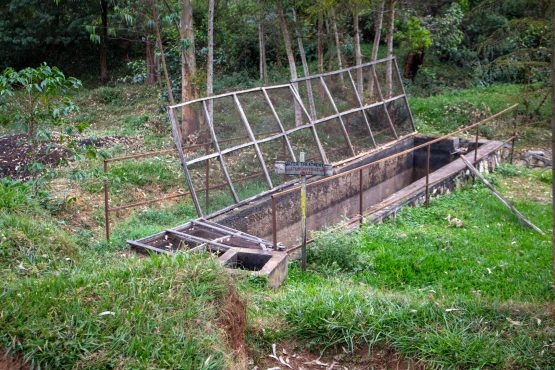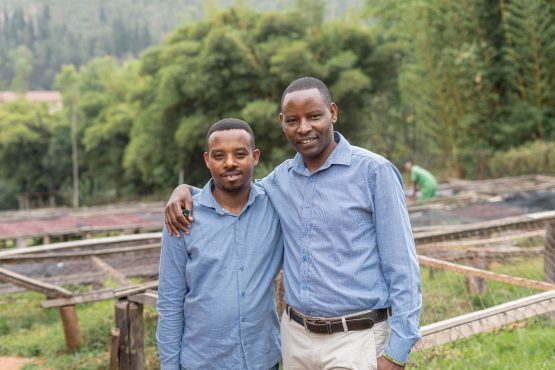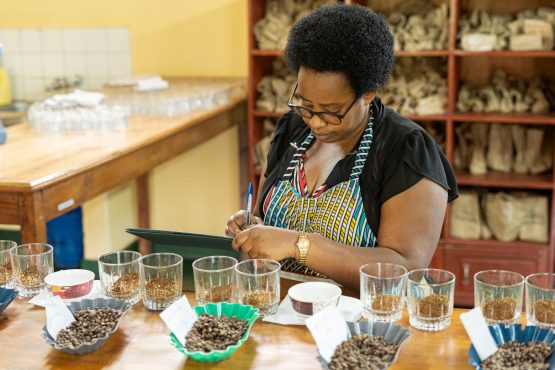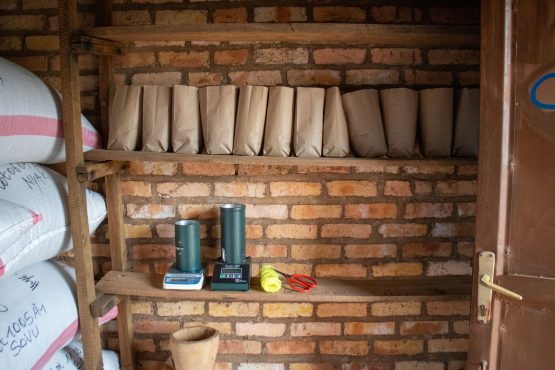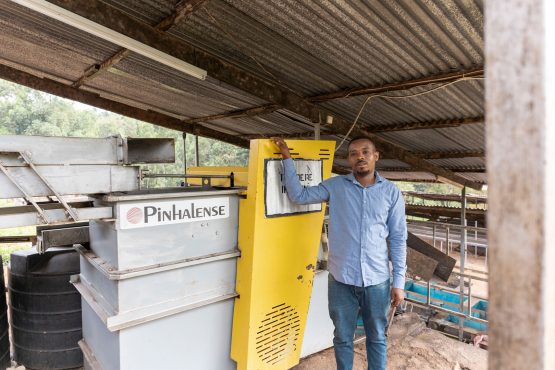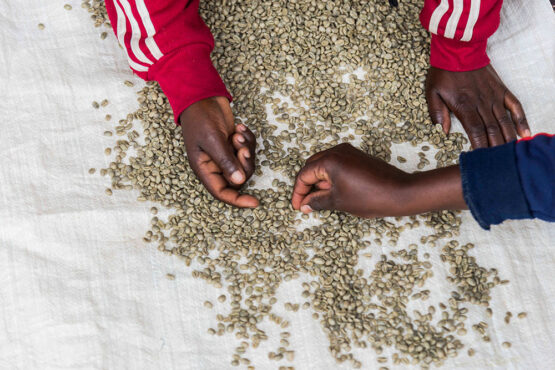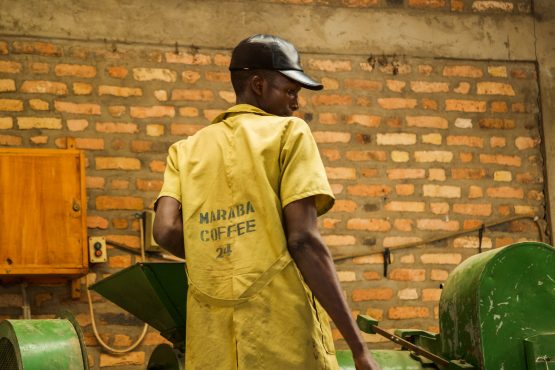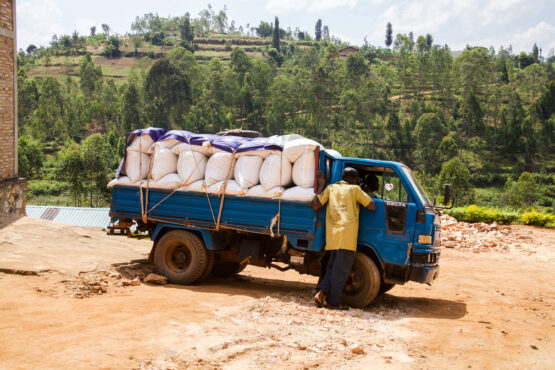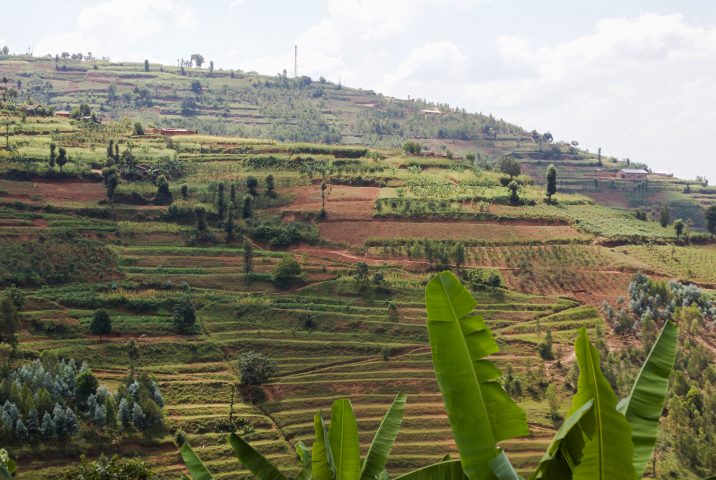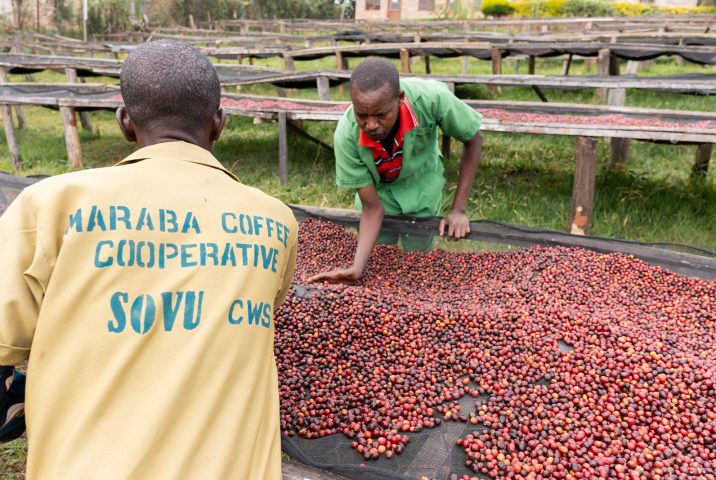Sovu Women’s Coffee
Sweet and pretty, with honey blossom fragrance. Greengage plum and mandarin, with a tea-like body.
This special microlot was produced using coffee cherry from 34 women farmers who own and grow coffee on small farms in the hills surrounding Sovu washing station, in Rwanda’s Southern Province. The women are members of the Abizerwa Women’s Group, a women-led alliance within the Abahuzamugambi Ba Kawa Maraba Cooperative (or ‘Maraba’). In the local Kinyarwanda language, Abizerwa means “trusted people” – a fitting name for the group, given how much the members share support and resources with each other.
In collaboration with Abizerwa and international buyers, Maraba has assisted the women in processing and marketing their coffees as a separated ‘Women’s Coffee’ lot, which earns them an additional bonus payment on top of the quality premium all Maraba members receive
As the cooperative’s General Manager Theophile Biziyaremye explains: “While everything the cooperative does is first approved by the General Assembly, we started to have clients that requested women’s coffees. We started processing them separately because we had a market for them, and we made the efforts to reinforce and empower the project. After selling their coffee, the women receive the additional premiums from those particular customers — on top of the premiums they already receive for delivering high quality cherry.”
To distinguish their coffee and ensure it is processed separately, the women have organised to deliver cherry to the washing station on certain days of the week. The women’s lots are kept separate through the processing, milling and preparation stages. This is made possible because Maraba owns and operates its own dry mill, allowing them to process smaller lots individually, whilst minimising cost and maintaining excellent quality standards.
ABOUT SOVU WASHING STATION
Sovu washing station was established in 2006 and is the smallest of Maraba’s washing stations, servicing about 334 cooperative members who farm locally and 8 individual farmer groups. The washing station is located in the Huye Sector of Huye District, in Rwanda’s Southern Province. Day operations are overseen by Jean Claude Ndikumana, who is supported by the Head of Quality Control, Christine Ilibagiza.
Maraba, and specifically the Sovu washing station, has consistently been recognised for quality including numerous Cup of Excellence awards in 2008, 2011, 2012, 2013, and 2015. This is no small accomplishment, and this year’s offering is right up there with these exceptional lots. The cooperative has recently upgraded cherry sorting equipment and a water treatment facilities at each of their washing stations. They have also constructed a warehouse, where the coffee is safely stored before being transported to Kigali for final stages of milling and preparation for export.
The area around Sovu washing station has ideal growing conditions for high-quality coffee, with high elevations, good rainfall and steady, cool temperatures year-round. Farms are very small – averaging just a third of a hectare and are situated around 1,800 meters above sea level. Most washing stations in Rwanda receive cherry from hundreds (and sometimes thousands) of farmers who own very small plots of land. Separation of such tiny lots is expensive and impractical, so the large majority of coffees are processed as a mixed lot from multiple producers. Typically, lots are separated as day lots (ie. cherries that were all picked on the same day) rather than from a single farm or producer group.
Head here to learn more about the work of Maraba Cooperative.
PROCESSING AT MARABA SOVU WASHING STATION
The team at Sovu Washing Station take a huge amount of care in sorting and processing their coffee. Maraba operate a QC lab and own their own dry mill, enabling them to control quality all the way through to export.
- Cherries are delivered to the washing station on the same day as they are picked and are inspected and sorted to ensure only the very ripest cherries are processed. They are then put into a steel floatation tank and sorted by weight (and any floaters removed and returned to contributing farmer, to be sold at the local market) and pulped on the same day—almost always in the evening—using a mechanical pulper that divides the beans by weight (the heaviest usually being the best).
- After pulping, the coffee is fermented overnight for around 12–16 hours and checked regularly, to feel the stickiness of the remaining mucilage, as this determines when fermentation should stop. The beans are then washed and moved to raised screens for ‘wet-sorting’ by hand.
Coffee at Maraba Sovu Washing Station is sorted by hands multiple times during processing - As with most washing stations in Rwanda, women do the majority of hand-sorting. This takes place in two stages—on the covered pre-drying tables and on the drying tables. Washed beans are moved from the wet fermentation tanks onto the pre-drying tables, where they are intensively sorted under shade for two days. The idea is that green (unripe) beans are still visible when they are damp, while the roofs over the tables protect the beans from the direct sunlight.
- Next, the beans are moved onto the washing station’s extensive raised drying tables for between 14-21 days, where they are sorted again for defects, turned regularly and protected from rain and the midday sun by covers, ensuring both even drying and the removal of any damaged or defective beans. During this period, the coffee is also turned several times a day by hand to ensure the coffee dries evenly and consistently.
- In 2024, Maraba built a drying greenhouse, to save space and cut costs, as they are more efficient to use and require less repairs. The use of the greenhouses is weather-dependant, and parchment usually takes 2-3 days longer to dry than in the sun— but the co-op plans to build more, as they are certain the efficiencies and potential for quality improvement are worth the investment.
- After reaching 11% humidity, the coffee is stored in parchment and then when adequately rested it is carefully dry milled at the cooperative’s brand new dry mill in Huye.
WHY WE LOVE IT
Coffees from Huye District are characterised by heavy sweetness and juicy character. We’re excited to purchase this coffee, as it supports the farmers who contribute to the Sovu washing station. We love this coffee for its distinct flavour profile, with greengage plum and honey blossom florals in the cup.
